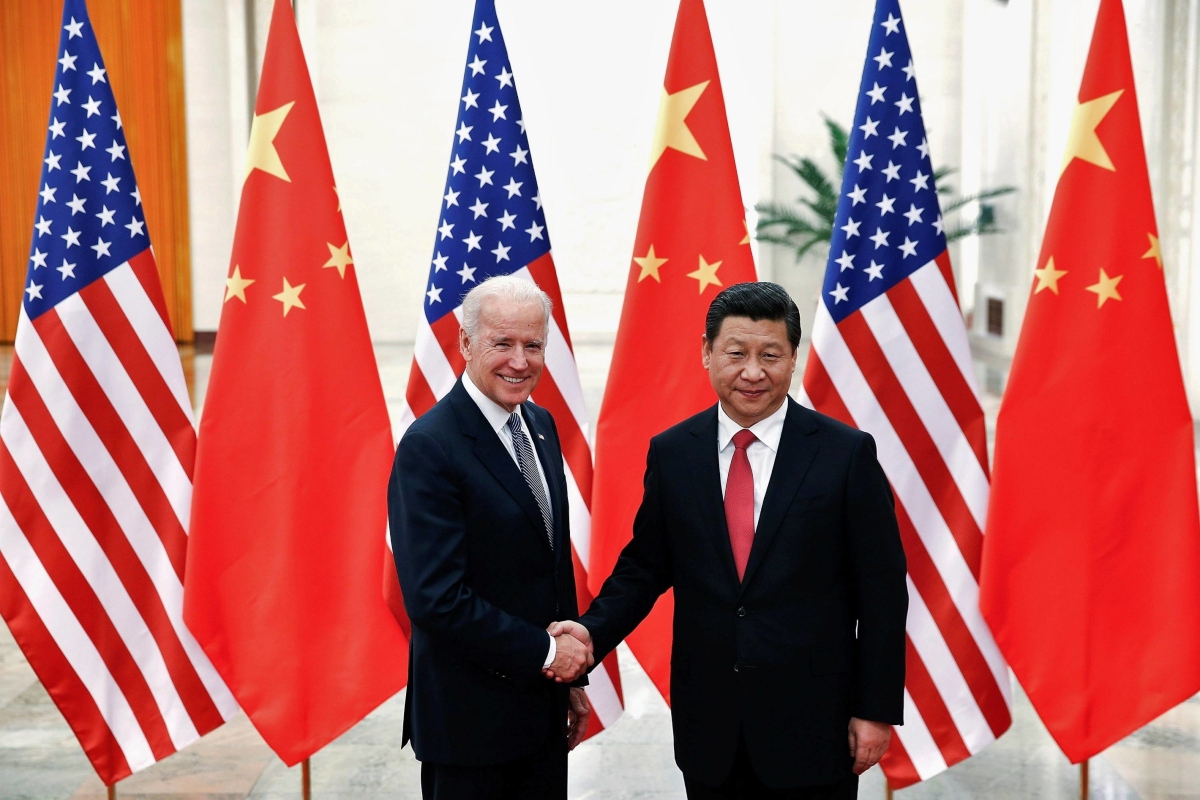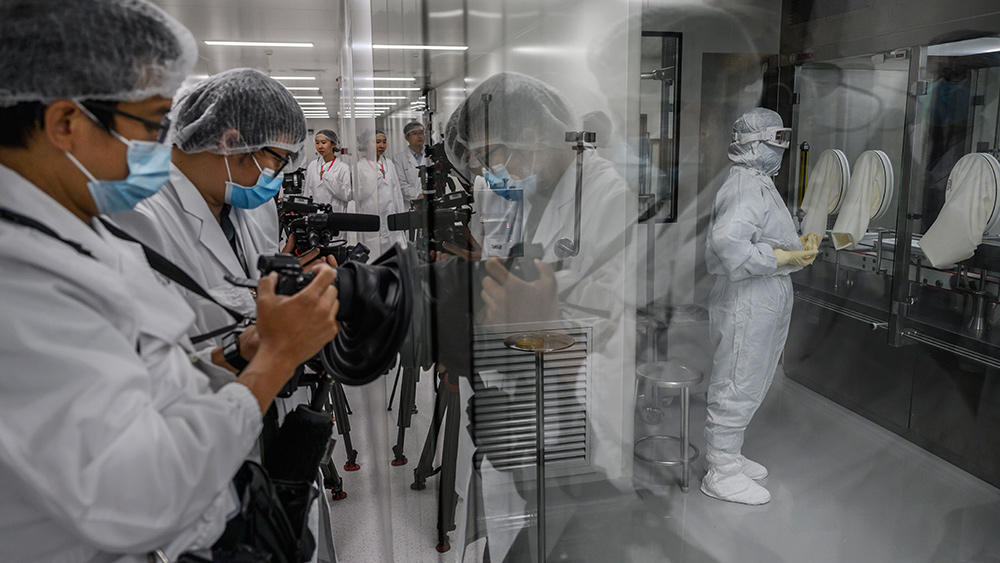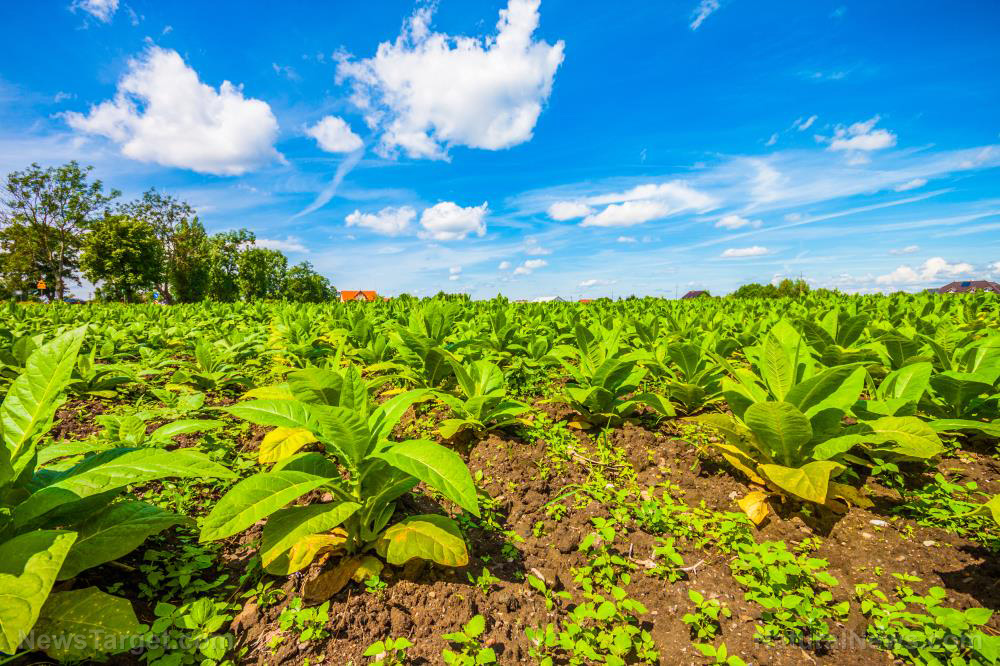
Residents of Xi'an in China are still locked inside their homes as the government continues to enforce strict lockdown due to the Wuhan coronavirus (COVID-19).
Millions of people in China are working diligently toward the country's "zero COVID" policies, and measures are extreme. In Xi'an, hospital employees refused to admit a man suffering from chest pains because he lived in a medium-risk district. A pregnant woman in her last trimester was left bleeding because her COVID test was no longer valid.
China continues to rely on authoritarian methods to contain the pandemic, leading to food and medical shortages. In early January, around two weeks into the city's lockdown, officials said that Xi'an has achieved its "zero COVID" target on a societal level, although its residents were still unable to leave home.
The government was quick in imposing its strict lockdowns in late December as cases rose, but it did not prepare to provide food, medical care or other necessities for its 13 million residents. Xi'an and several cities in Henan provinces have very strict measures that led to complaints from people who were stuck in their homes and now running out of food.
"The district security guards are like prison guards and we are like prisoners," Xi'an resident, Tom Zhao, said.
Even multinational companies are struggling in the city. Samsung and Micron, two of the world's largest memory chip makers, had to adjust their operations in Xi'an due to the restrictions, further affecting the already fragile global supply chain.
China reported 124 cases on Thursday, January 13, including 74 in Henan province and 41 in Tianjin. Chinese authorities have reported a total of 104,379 cases in China, with 3,460 of them active. The country's death toll remained at 4,636. (Related: New coronavirus outbreaks in China lead to strict lockdown measures.)
Intense measures for Winter Olympics
With the Beijing Winter Olympics just weeks ahead, the country is continuing its policies. There are currently over 20 million people stuck in some form of lockdown. Tianjin, which is near Beijing, is on high alert.
The Olympic bubble is stricter than that of Tokyo, which mostly focused on stopping transmission. Beijing faces a bigger risk because of the more contagious omicron variant, which has shown itself to effectively evade vaccines. Moreover, because of how effectively China contained the outbreak, most of its population is protected only by vaccines – not by antibodies developed from previous infections.
Further, unlike the Tokyo Olympics, there will be no contact between China and the outside world. Officials, athletes, staff and journalists are set to travel between hotels and venues on specially designated vehicles in a "closed-loop system." Chinese residents, meanwhile, will have to quarantine for three weeks upon leaving the bubble.
Trash will also be handled separately and the traffic police noted that anyone involved in a collision with a designated Winter Olympic vehicle should not come in contact with those on board as they have a special team to handle matters. (Related: Chinese citizens decry draconian lockdown measures in China's newest coronavirus hotspots.)
If enforced, the measures should be able to prevent the spread of the virus within the bubble, said Kei Saito, a virologist from the University of Tokyo.
"The world is turning its eyes to China, and China is ready," Chinese President Xi Jinping said during an inspection tour the previous week.
Watch the video below to learn more about China's intense lockdowns and zero COVID policies.
This video is from the OnlyTruth4Me channel on Brighteon.com.
Learn more about how COVID-19 is being handled globally at Pandemic.news.
Sources include:
Please contact us for more information.





















